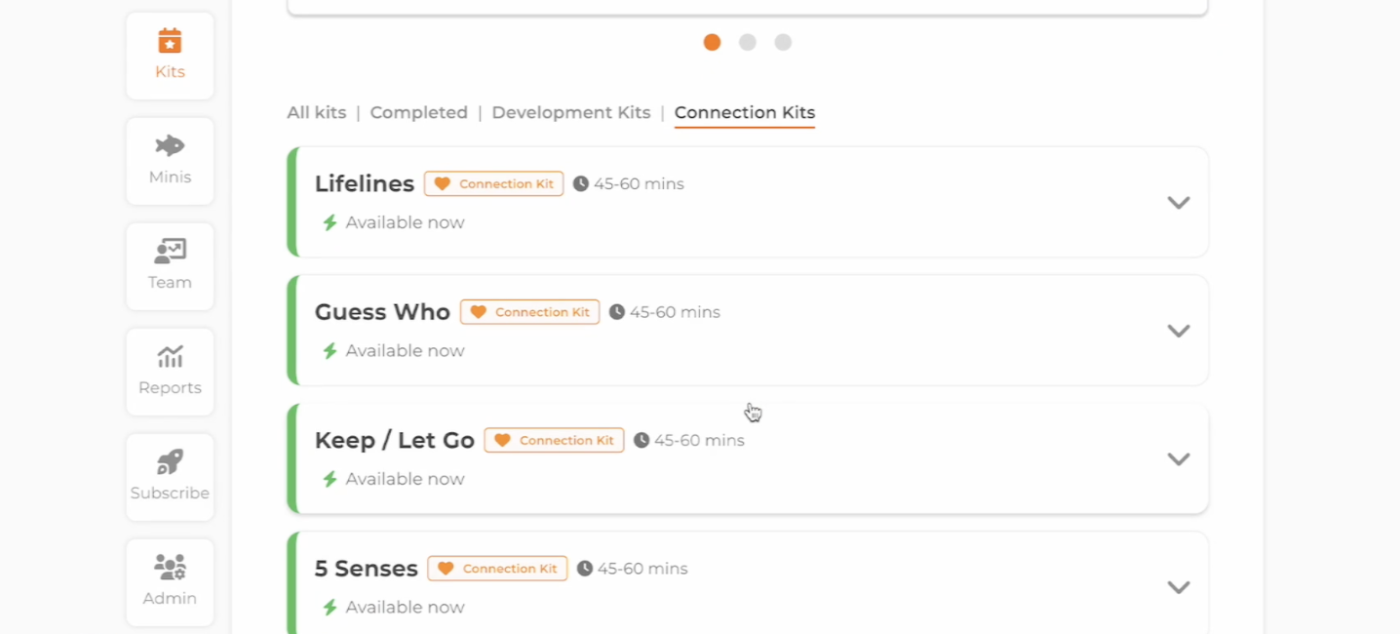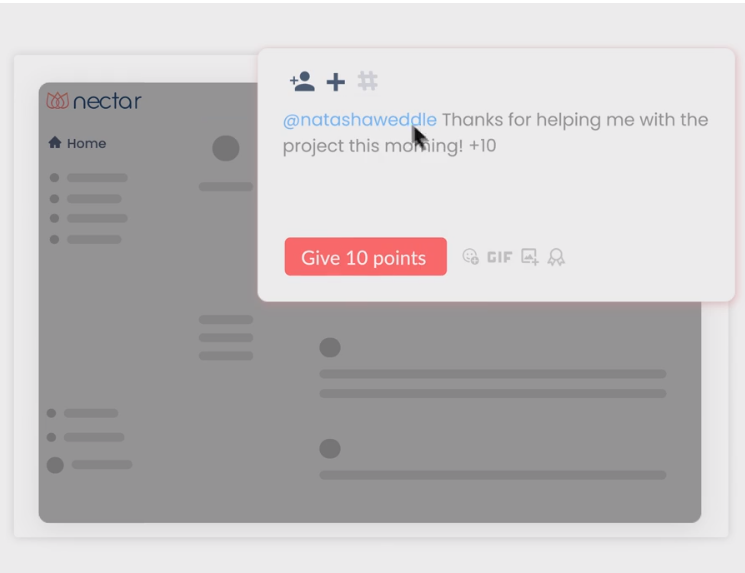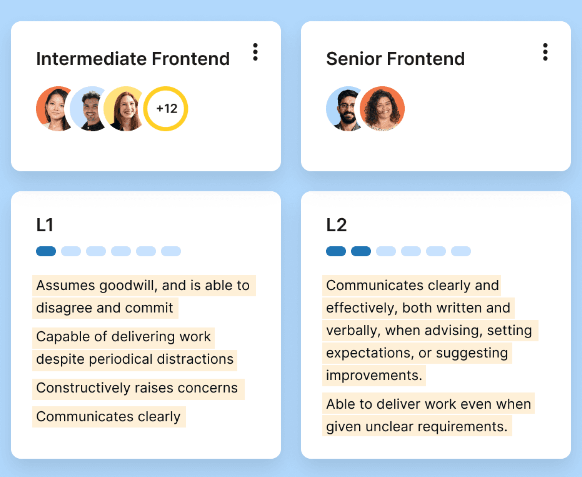Key takeaways
What are office politics in the workplace?
Office politics are present in any type of work, whether corporate or blue-collar, remote or office-based, part-time or full-time. These politics describe employees’ activities and behaviors to advance their personal agenda at work. They include conversations, alliances, and strategies to progress their own careers or put themselves in a better position.
The word “politics” has such negative connotations, conjuring up cloak-and-dagger images of secret meetings, sabotage, and backstabbing. While these activities likely occur in the most toxic workplaces, many other companies realize that workplace politics are simply a sign of eager, ambitious employees. When approached with integrity, companies can foster collaboration and motivate workers to progress in their careers without any unsavory politicking.
What causes office politics in the workplace?
Office politics are the result of some common workplace issues: heirarchies and power struggles, resource competition, company culture, personality clashes, and poor communication.
Hierarchies and power struggles
Unless you’re working for a company with a truly flat organizational structure, ranks and roles will play a huge part in your workplace’s power dynamics. Employees looking for the next step up may engage in gameplay to get ahead. Speaking on the No BS Leadership podcast, host Martin Moore explains, “Politics is the path that many choose when they can’t deliver results. What they lack in ability, they make up for in ambition, so they find another way to climb the ladder. And that’s often by using politics to someone else’s detriment.”
Resource competition
Much like in the wild, employees lean on politics at work to compete for something that is scarce. For example, if there’s only one promotion opportunity in the department or a single invitation to join the CEO at a networking event, coworkers might make maneuvers to get there first.
Company culture
Company culture plays a huge role in the presence of office politics. An organization that sets the tone for collaboration is likely to experience transparency and open dialog as part of its growth culture. In contrast, a company that welcomes competition as a core value could attract politically-charged behavior.
Personality clashes
Every individual in your organization is unique—each has different opinions and experiences and may clash when working closely with others. If these interactions turn sour, toxic office politics become a tool for getting ahead while hindering collaboration.
Poor communication
Misunderstandings or lack of clarity cause serious frustration. And this may drive employees to seek alternative ways to get their messages across or achieve their goals. Poor communication can also create information silos, making some employees feel out of the loop and invoking their political skills to stay informed or exert influence.
5 examples of office politics
Employees may engage in some of the following politics to stay ahead at work: networking and personal relationships, high ambitions, backstabbing, withholding information, and impression management.
1. Networking and personal relationships
In Workplace Competition: Why We Compete at Work, Robert Hogan, PhD, founder and president of Hogan Assessments, explains that in a group context, humans are driven by a need to get along, get ahead, and find meaning. Networking achieves the first two of these, allowing employees to build bonds with influential people within the organization.
In some situations, an employee may carefully position themselves as their manager’s trusted advisor or develop a network across the company or wider industry to ensure they have strong connections to tap if needed. While networking is inextricably linked with politics, these relationships also provide access to people and resources that can ensure a team’s success.
2. High levels of ambition
Every employee in an organization is on their own personal career advancement journey, and only a few will make it to a leadership position. Ambitious employees may see workplace politics as necessary to get ahead, using any means available.
3. Backstabbing
Backstabbing is one of the darker sides of workplace politics, a weakness that shows up when employees are desperate to protect their position or advance it. Peers may deliberately harm others in the organization through:
- Character assassination: Deliberately tarnishing someone’s reputation by spreading rumors or sharing false information that undermines others’ confidence in them.
- Scapegoating: Letting someone else take the blame to protect themselves when things go wrong.
- Being two-faced: Publicly supporting someone but taking a different stance in private.
4. Withholding information
Some employees may withhold information that could benefit the team or colleagues who are engaging in politically-motivated behavior. This may include keeping secrets, hoarding resources, or deliberately leaving others out of important conversations or meetings. This type of politicking harms team dynamics and makes it difficult for groups to work effectively together.
5. Impression management
To put a positive spin on their own endeavors, some employees will significantly embellish their achievements to pass them off as something remarkable. They may exaggerate their role in a successful project or selectively highlight their contributions to manipulate others’ perceptions of them.
How office politics affect business
At first glance, workplace politics may appear focused on individuals—but they also affect the organization’s morale, innovation, turnover, and strategic alliances.
Undermines morale and engagement
Gallup research highlights only 23% of global employees feel engaged at work, illustrating the fragility of the employee experience. There’s potential for negative office politics to erode morale and even your workers’ mental health as colleagues distrust each other.
Influences innovation
When HR teams and leaders recognize those highly motivated employees capable of excelling in their roles, they can convert their energy into innovative and productive outcomes. On the flip side, employees obsessed with the next promotion opportunity may spend more time strategizing instead of generating exciting new ideas and solutions for the company.
Creates turnover issues
In a working world where 46% of employees plan to look for a new job in the next three months, companies must be aware of how internal dynamics can influence employee satisfaction rates and push people toward the exit. Employees who feel overlooked for promotion or constantly embroiled in internal conflict may want a fresh start elsewhere. Similarly, workers whose professional development efforts haven’t worked as planned may seek opportunities with a different employer instead.
Fosters alliance-building
One of the greatest positives associated with employees engaging in office politics is their ability to foster strategic alliances. When they forge connections with customers, business partners, or even team members in adjacent departments, the overall business can benefit from these relationships through improved retention rates and increased profit.
How to address office politics
After identifying political behavior in your organization, try the following techniques to shepherd your employees toward merit-based success rather than manipulation.
Build strong team relationships
Encourage your team members to respect and learn from each other. Every new hire arrives in your organization as an individual, but integrating with the wider team will allow them to reach shared goals. According to Hanne Wulp, Leadership Development Trainer and Executive Coach at Communication Wise, “Social influence is a force that will always exist (we are social creatures) and can be used for good and bad. With this piece of knowledge, HR leaders and managers can nudge people toward acting in deliberately helpful, desired, inclusive ways, versus acting for their own personal or elite group gain.”
One way to build stronger relationships is by leveraging employee engagement solutions like Rising Team. Rising Team is an employee engagement solution that fosters stronger relationships between coworkers. Aimed at remote, hybrid, and on-site teams, its 45-60 minute Connection kit encourages each team member to reflect and share personal experiences with the wider group.

Promote peer recognition
Another way to solidify team relationships is to encourage peers, managers, and leaders to express gratitude for the contributions of those around them. Negative politics are less likely to take root when you’ve established a culture of appreciation for coworkers who stand alongside each other every day.
Peer recognition can be as simple as highlighting team members in a meeting or posting a message on a kudos wall. An alternative is to use a platform like Nectar, which offers a digital space for employees to exchange shoutouts and redeemable reward points.

Maintain transparency and communication
Open communication will keep office gossip and mistruths from being exchanged behind closed doors. Leaders must maintain an environment where everyone feels psychologically safe voicing their opinions and knows who to approach with any concerns. Typically, this means implementing an open-door policy and hosting regular team and roundtable discussions where individuals are encouraged to speak their truth without fear of retribution.
However, this won’t happen overnight, which is where anonymous feedback can be a valuable tool in uncovering any toxic cultural practices. Employees might use Bob’s Your Voice feature as a safe space to discuss harassment, unsafe or illegal activities, and any workplace misconduct. The tool is encrypted and accessible from both mobile and web, making it easy for your workers to offer honest feedback.

Align individual and organizational goals
Keen, motivated employees can be a blessing for your company if you can align their personal objectives with your overarching business strategy. Mitch Chailland, President of Canal HR, describes how his company aims to manage this ambition positively, “We empower managers to notice when the team member’s self-motives could be helpful to the organization, for example, when the team member is aspiring to do more work or lead a project.”
Regular career development conversations are key to this type of streamlining, drawing on performance reviews and providing actionable next steps to progress employees toward their goals. Deel Engage‘s performance management software maps individual and team goals to a company’s overall career development framework. It identifies existing skills gaps and provides targeted training programs to help employees progress from their current positions to their desired roles.

HR’s role in navigating office politics in the workplace
Organizational politics are entirely normal. They exist everywhere and go hand in hand with managing career-focused employees who want to succeed. The HR team’s role is to be proactive in harnessing this professional enthusiasm for the good of the company rather than letting it negatively impact your other workers. Stay alert to what’s happening, understand where to provide support, and when to redirect damaging behavior into more productive channels.





